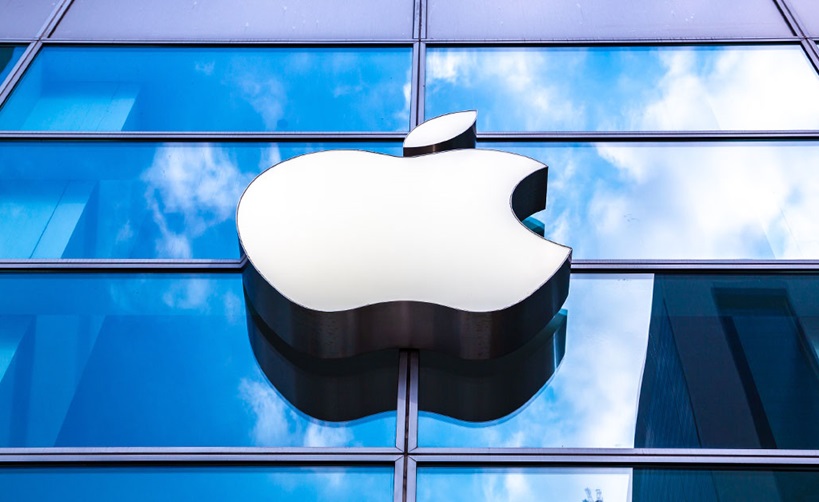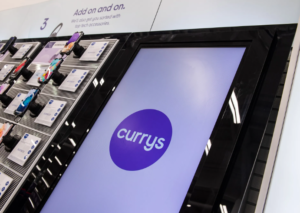Apple, the tech giant known for its innovative products and loyal customer base, has found itself in the midst of a legal battle that has now come to a resolution. In a surprising turn of events, Apple has agreed to pay $490 million to settle a class-action lawsuit that alleged Chief Executive Tim Cook defrauded shareholders by concealing falling demand for iPhones in China.
The lawsuit, filed in the U.S. District Court in Oakland, California, stemmed from Apple’s unexpected announcement on Jan. 2, 2019, that it would slash its quarterly revenue forecast by up to $9 billion, citing U.S.-China trade tensions as the primary reason. This announcement sent shockwaves through the market, causing Apple’s shares to plummet by 10% the next day, wiping out $74 billion of market value.
At the heart of the lawsuit were allegations that Tim Cook had misled investors during an analyst call on Nov. 1, 2018, by downplaying concerns about iPhone demand in China. Despite acknowledging sales pressure in other markets, Cook had stated, “I would not put China in that category.” However, a few days later, Apple instructed its suppliers to curb production, indicating that there were indeed issues with iPhone demand in China.
While Apple denied any wrongdoing, the company opted to settle the lawsuit to avoid the cost and distraction of litigation. The settlement covers investors who bought Apple shares in the two months between Cook’s comments and the revenue forecast. Despite the hefty settlement amount, it represents just a fraction of Apple’s net income, amounting to a little under two days of profit.
Despite this legal setback, Apple’s share price has continued to soar, more than quadrupling since January 2019 and giving the company a market value of over $2.6 trillion. The settlement marks the end of a chapter for Apple, allowing the company to focus once again on its core business and innovative products.
(Source: Reuters | WSJ)









